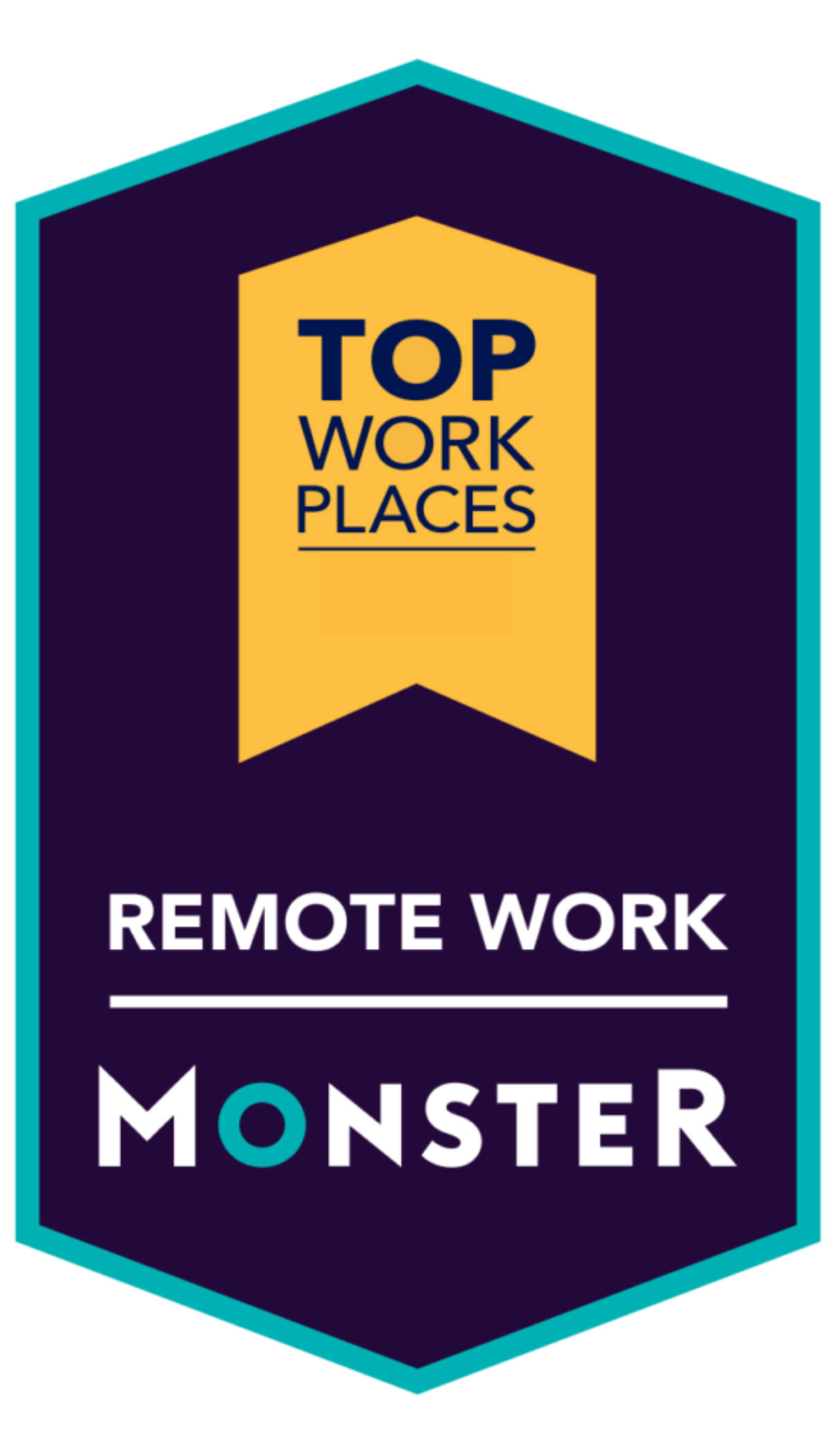Telemedicine as a solution for rural hospitals’ challenges is not a new concept. But, telemedicine’s documented ability to address the physician shortage and reduce hospitals’ outbound transfers is a tool for urban hospitals as well. Urban hospitals increasingly are turning to telemedicine to be able to maintain 24/7 access to a full range of specialty services, from cardiology and maternal-fetal medicine to nephrology and pulmonary and critical care, and to obtain and maintain valuable designations, such as Primary Stroke Center.
With the U.S. physician shortage worsening each year, particularly for specialties like neurology, psychiatry, and infectious disease, very few hospitals are immune to specialist recruiting and retention challenges. Indeed, the president of the American Medical Association in a national speech in October 2023, described the shortage as an “urgent crisis…hitting every corner of this country – urban and rural.”
In addition, what existed prior to the COVID-19 pandemic – physician burnout – accelerated and became unignorable during the pandemic. Today, physicians are twice as likely as workers in other industries to experience burnout symptoms. In a vicious cycle, the physician shortage creates an unsustainable workload for practicing specialists, which erodes career satisfaction and quality of life and increases the likelihood of burnout and early retirement, further exacerbating the shortage.[1]
Of the 350 telemedicine programs Access TeleCare launched in 2023, an increasing share were in urban or suburban hospitals. One of these, National Park Medical Center, a 163-bed hospital in Hot Springs, Arkansas, launched a neurology program with Access TeleCare in order to continue meeting their communities’ expectations for local neurology care and to continue serving as a resource for inbound transfers from other hospitals. The hospital was having difficulties recruiting a local neurologist, and having 24/7 access to a pod of neurologists through telemedicine was a perfect solution.
The advantages for urban hospitals, like their rural counterparts, are meeting their communities’ expectations for advanced care, no matter the day or time and no matter the specialty. For urban hospitals, too, telemedicine solutions offer a more cost-effective option for nighttime coverage of hospitalist services, for example, and for supplemental coverage to reduce the burden on a small number of in-house specialists.
Access TeleCare has more than two decades of experience working with hospitals of all sizes on telemedicine solutions that work for their patients, communities, and staff. Contact us to learn more.
[1] https://www.neurology.org/doi/10.1212/WNL.0000000000012111









